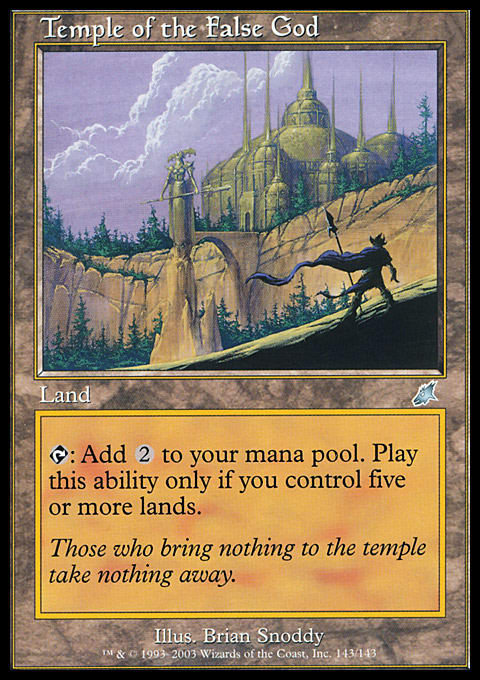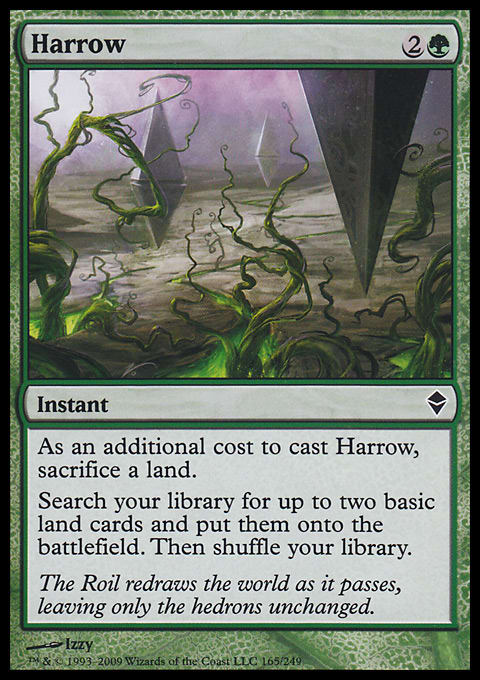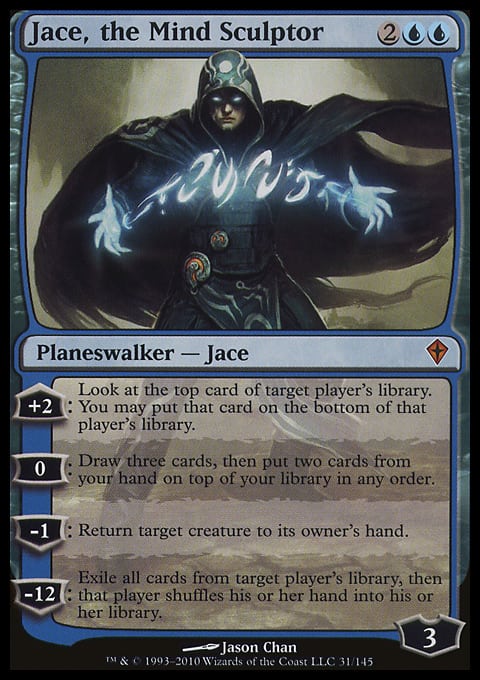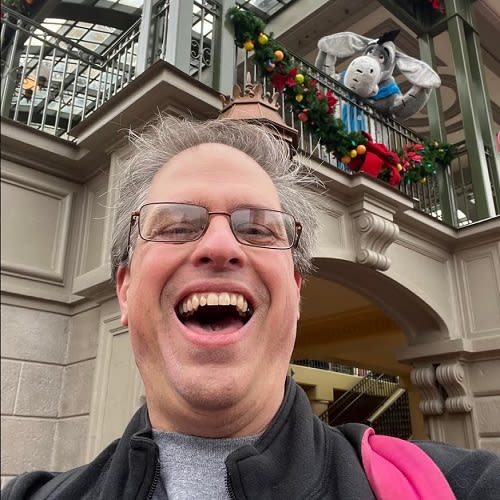It has long been recognized that Western fantasy has deep roots in Anglo-Saxon cultural tradition within the historical context of political absolutism and class stratification.123 The medievalist overtones of in-period literature such as the Epic of Gilgamesh4 and Beowulf5 have persevered through time to the modern imaginary worlds of Tolkien and George R.R. Martin. These works have formed informed and the basis of class, hierarchy, and political authority within the codified structures of fantasy-genre-driven games.
One such game is Magic: The Gathering (“Magic”). Released in 1993, the brainchild of Richard Garfield, and currently owned by Wizards of the Coast (“Wizards”), Magic is a Trading Card Game that has embedded within its core mechanics antiquated notions of personhood, statehood, and worth. From the moment a player assumes the role of “Planeswalker” and sets out to kill his or her opponent, that player is encouraged to reject societal advances from enlightenment through to modern philosophies of conservatism and liberalism and instead assume the historical perspective and attitudes of a divinely selected avatar with intent to conquer his or her opponent’s peoples and territory.
The aim of this essay is to demonstrate how Magic: The Gathering has codified and exemplified the historical classist hierarchical philosophy of Western society, from feudal manorialism through to colonialism, underpinned by a core belief in divine political legitimacy.
A central mechanic of Magic is the use of lands to produce “mana.”6 There is a lot to unpack here, the first of which is to acknowledge the cultural appropriation of the Polynesian concept of mana into a colonizing force’s game theory.7 Magic takes this mystical concept of a force for both good and evil and debases it into an economic token system to be spent on other resources.
In Magic, mana is produced by lands. Without lands, mana production—or economic progress—cannot be achieved. This core tenant of the game has firm foundations in the English manorialist concept of landed gentry8 and reinforced by the philosophical underpinnings of the original drafting of the U.S. Constitution, wherein only white, male, adult property-owners had the right to vote, bearing in mind the historical context of the U.S. as an English colony.
This approach is fundamentally rooted in John Locke’s Labor Theory of Property political philosophy, itself based on Natural Law.9 This philosophy maintains property as natural right, in that if one works the land (or forces others to do so), one should own the land. Locke believes these natural rights were inalienable and that the rule of God superseded the authority of the people as represented by Government,10 an idea itself based on Thomas Hobbes’s philosophical underpinnings as an advocate of absolutism for sovereign authority.
Under manorialist–feudalist conditions, the tilling of the land for economic production was performed by serfs, under the bondage, on behalf of the estate’s Manor. In Magic, this is represented by the game mechanic of lands being “tapped” on behalf of mana. The etymological transition from “manor” to “mana” is clear, with the Lord of the Manor represented by the player as a “Lord of Mana,” or Planeswalker.
Physically, lands are “tapped” by being turned sideways. A first, interpretation of this action is the bending over of the serf underclass farming the land on behalf of the upper class. A second interpretation of this action is the bowing and scraping that peasants were expected to perform before the Peerage of feudalist society. A third interpretation is a veiled reference to droit du seigneur, the right allowing the Lord of the Manor to spend the first night with the new bride of any serfs on his estate, forcing the woman to “bend over” in a demonstrable act of power to emphasize oppression.11
The rigid class structure maintained within historical hierarchical feudalist conditions is codified by the Magic mechanics of creature cards. Within Magic, each “creature” is classified within a “race” and a “class.” While modern attitudes toward a person’s ability and capacity are divorced from that individual's race or class; within Magic, these are part of the defining features of that creature. This attitude of focusing on race and class has a long historical gaming lineage that can be traced directly to the Gary Gygax (whom Richard Garfield openly admired) and Dave Arneson’s game Dungeons & Dragons, another Wizards of the Coast brand.
Focusing on an individual’s race as differentiator is the privileged position of the dominating white culture, with a problematic history centered in the eugenics movements of the late 1800s and early 1900s. This pseudo-science focused on the inherited traits of race and the perception of intelligence as correlated to social class. Magic’s game mechanics reflect this approach to cards having varying power levels and abilities according to their nominated race. Given Western fantasy’s acknowledged problems with depicting nonwhites as the “other,” as represented by Orcs and other nonhuman races,12 it is easy to see how these issues have been codified within the game mechanics. This is also highly relevant given the Western Colonial tradition of subjugating and enslaving nonwhite races in order to work the land, with no regard to universal suffrage or equal rights.
The second level of stratification, class, is equally problematic. In classical Marxist theory, class is related to means of production, as divided by the proletariat, who sell their labor; the bourgeoisie, who profit of the proletariat; and the aristocracy, who own lands are their means of production. Within Magic, the power clearly lies with the Aristocracy. Even the bourgeoisie, when represented, are shown to be corrupt.13 Meanwhile, the Aristocracy is allowed to exact taxes from the proletariat without any hint of Government representation.14 Where voting is introduced within Magic, it is within the negative framing of “Conspiracy” and specifically limited to an unnamed Council, rather than the people. It is no surprise, then, that within the almost twenty-year history of Magic, there has never been a democratic Plane.
Third, the power level of an individual creature is also bound by its “rarity.” Within Magic mechanics, every card has one of four rarities, “common,” “uncommon,” “rare,” and “mythic rare.” “Common” cards are those cards that most often found in packs and are generally bound by the game designers to have the lowest in-game power level.
“Common,” itself, is a term worth exploring. A “common”—or more often “commons”—is a tract of land, a continual reminder back to role of serfdom in feudalist society. “Common people” is an oft-used term to describe those without rank or lacking in station. To be “common” is also understood to be vulgar or inferior. In the modern English System of Government, the House of Commons represents people not of noble birth nor later in life ennobled; likewise, the House of Lords represents the ruling class. These strict classist lines continue to be reiterated at every level within Magic. It is should be of no surprise that the Magic format where decks are comprised of all common cards is named “Peasant format.”
On the other end of the rarity spectrum is “mythic rare,” most iconically represented by the card-based avatar of the player, the “Planeswalker.” The Planeswalker is the most consistently powerful card type within Magic and often has the ability to create game-winning emblems15. While the term “planeswalking” refers directly to alternate universes; its etymological roots lie in the ability to travel across country based on the aristocratic right to freedom of movement. This is the polar opposite to serfs, who generally suffered bondage to their Lord, and the later indentured servitude and outright slavery of those who worked the land on behalf of their colonial Masters.
Planeswalkers are akin to the Nietzschean Uebermensch16 with the actual apotheosis of Nietzsche's desire to escape from the world through the Magic narrative of “planeswalking,” the ability to walk between worlds.
There is a tension here between the Nietzschean rejection, or “death” of god, and the feudalist Monarchical Absolutist belief in the Divine Right of Kings.17 This tension was most recently represented within the Magic storyline when the god Heliod killed the Planeswalker Elspeth Tirel. Yet, at the same time, there exists a philosophical similarity around the idea of an individual born to be above all others and beyond the influence or understanding of the “common man.” It should be noted that Magic essentially acts as a thought experiment wherein all religions are true; even the planes themselves have “souls.” In Magic, there is no room for an atheist viewpoint, further validating the basis of Absolutist belief.
The Magic mechanic of “mythic rare” only serves to underscore the notion of the Planeswalker as someone greater or more valuable than others. In economic terms, outside of the game itself, mythic rares tend to be more expensive due to the false economic scarcity created by Wizards,18 and often referred to as a “money rare” by those who collect the cards. As such, the ability for players to collect these avatars is inseparably tied to their economic worth; those within the lower socioeconomic bracket are unable to collect the avatars, representing the economic peerage. In a period of economic history in which social mobility is low and dropping,19 this serves to bolster the difference between the serf class in bondage and the freedom of movement—both economically and physically—of the upper class.
With the in-game mechanical structures of Planeswalkers as being above all others—hierarchically, economically, and atheistically—reinforced by the real-world context of the economic impact of the rarities, the parallels with classical Monarchical Absolutism becomes clear. Also clear is the negative position that Magic takes toward the “common” man and the concept of Universal Suffrage. If lands are required for economic progress, and the freedom of movement is beyond those without economic means, the supremacy of the landed gentry is justified, and territorial warfare leading to colonialist outcomes becomes incentivized.
In summary, Magic: The Gathering is a ludicrous amusement for layabouts,20 wastrels,21 and ne'er-do-wells.22
1 See Michael Morcock, Wizardry & Wild Romance; A Study of Epic Fantasy, 2004.
2 See Colin Manlove, Christian Fantasy: from 1200 to the Present, 1992.
3 See Jack Zipes, The Great Fairy Tale Tradition: From Straparola and Basile to the Brothers Grimm, 2000.
4 See Andrew George, The Epic of Gilgamesh, Penguin Classics, 1999.
5 See Newton, Sam, The Origins of Beowulf and the Pre-Viking Kingdom of East Anglia, Boydell & Brewer, 1993.
6 Robert Henry Codrington. The Melanesians, 1891.
7 Noting that prior to colonization, these cultures had monarchical societies
8 Peter Coss, The Origins of the English Gentry, Cambridge University Press.
9 John Locke, Essays on the Law of Nature, 1676.
10 John Locke, Second Treatise of Government, 1689.
11 Joerg Wettlaufer, The jus primae noctis as a male power display: A review of historic sources with evolutionary interpretation, Evolution and Human Behavior, Vol 21, Nr. 2 (2000): 111–123.
12 See Writing Racism into Our Fantasies: Orces from Tolien to Paizo, 2013.
13 For instance, the card Gwafa Hazid, Profiteer and his ability to bribe other creatures
14 For instance, the cards War Tax and Land Tax
15 Represented in-game by a Coat of Arms token analogue
16 Nietzsche, Also Sprach Zarathustra, 1883, an idea later taken up by the Nazi Eugenics movement.
17 See James VI of Scotland, The True Law of Free Monarchies.
18 Noting Wizards’s ability to print any card at any time at any number
19 Federal Reserve Bank of Chicago, Intergenerational Economic Mobility in the U.S., 1940 to 2000, February 2007.
20 Mike Linnemann
21 Ethan Fleischer
22 Jesse Mason



























